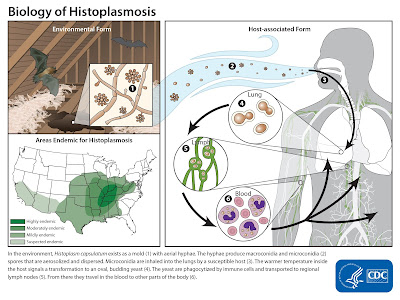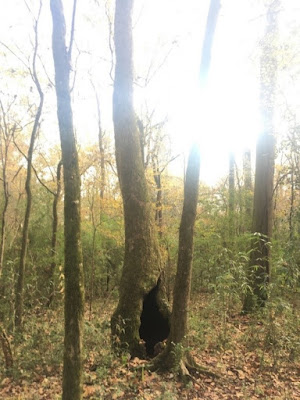CDC, Department of Health investigating disease outbreak at La. camp; Boy Scouts hospitalized
By Kevin Foster | December 4, 2018 at 8:38 PM CST - Updated December 4 at 8:38 PM
BATON ROUGE, LA (WAFB) - The Istrouma Area Council of Boy Scouts of America, along with the Louisiana Department of Health (LDH), have closed a campsite on Avondale Scout Reservation to investigate cases of a disease that hospitalized two campers, sparking the involvement of the Centers for Disease Control and Prevention (CDC).
Louisiana State Epidemiologist Raoult Ratard, speaking for LDH, tells WAFB at least 15 campers may have been exposed to histoplasmosis, a disease spread through exposure to soil contaminated with bat or bird droppings.
...
By Kevin Foster | December 4, 2018 at 8:38 PM CST - Updated December 4 at 8:38 PM
BATON ROUGE, LA (WAFB) - The Istrouma Area Council of Boy Scouts of America, along with the Louisiana Department of Health (LDH), have closed a campsite on Avondale Scout Reservation to investigate cases of a disease that hospitalized two campers, sparking the involvement of the Centers for Disease Control and Prevention (CDC).
Louisiana State Epidemiologist Raoult Ratard, speaking for LDH, tells WAFB at least 15 campers may have been exposed to histoplasmosis, a disease spread through exposure to soil contaminated with bat or bird droppings.
...





Comment